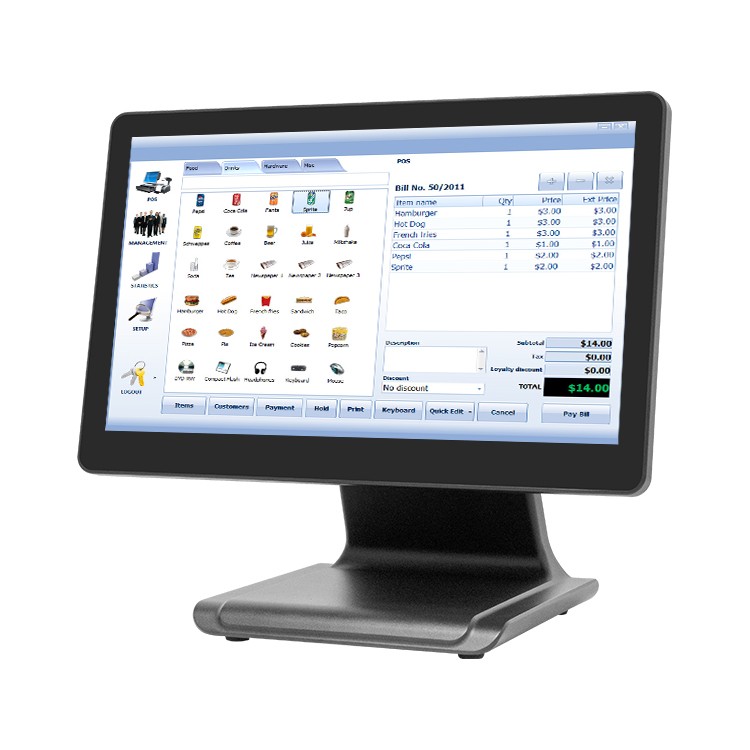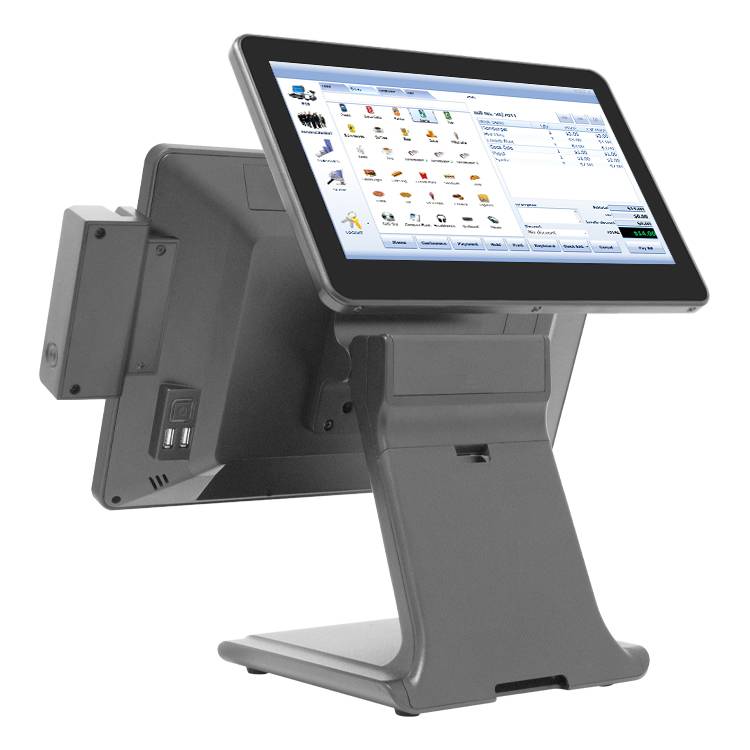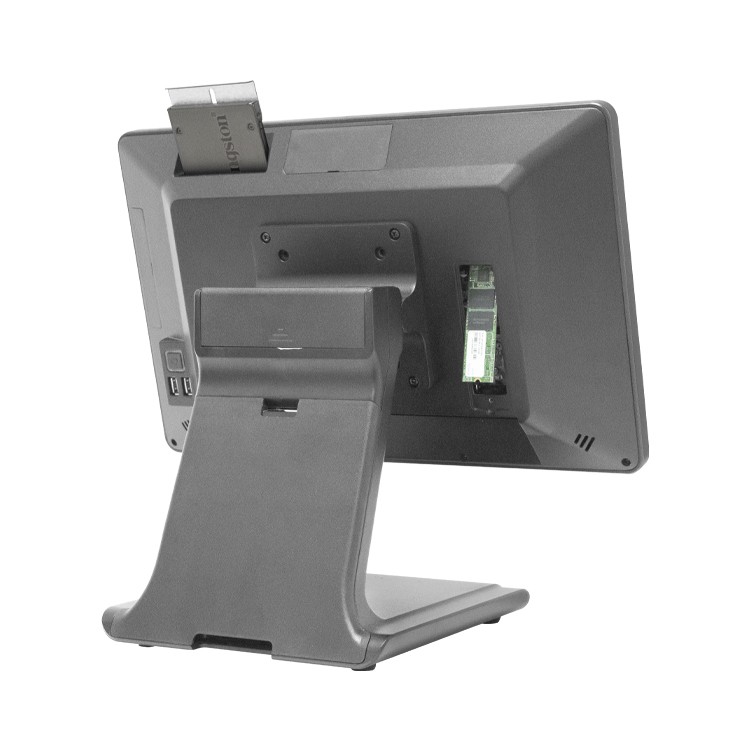A Point of Sale (POS) system is a combination of hardware and software that allows businesses to conduct sales transactions. It typically includes a cash register, a barcode scanner, a receipt printer, and a POS terminal. Modern POS systems also integrate with various digital payment methods, inventory management systems, and customer relationship management (CRM) tools.
1. The Role of POS Systems in Enhancing Order Accuracy
Automated Data Entry
One of the primary ways POS systems enhance order accuracy is through automated data entry. By scanning barcodes and integrating with inventory systems, POS terminals minimize human error. Manual data entry is prone to mistakes such as incorrect pricing or item description errors, which can lead to order inaccuracies. Automated systems ensure that the right product information is captured accurately and quickly.
Real-Time Inventory Management
POS systems provide real-time updates to inventory levels. This feature ensures that the availability of products is accurately reflected during the transaction process. Out-of-stock items can be flagged immediately, preventing the sale of unavailable products and avoiding potential customer dissatisfaction.
Customizable Order Management
Advanced POS systems offer customizable order management features that allow for modifications and special instructions. This is particularly useful in the food and beverage industry, where customer preferences can vary widely. By capturing detailed order instructions accurately, POS systems reduce the risk of errors and ensure that customers receive exactly what they ordered.
Integrated Payment Processing
Integrated payment processing within POS systems enhances order accuracy by reducing discrepancies between the amount charged and the amount paid. This seamless integration ensures that the transaction process is smooth and error-free, eliminating potential disputes related to payment issues.
User-Friendly Interface
Modern POS terminals come with user-friendly interfaces that are easy to navigate. This reduces the likelihood of operator errors during the order entry process. The intuitive design helps staff process orders efficiently and accurately, even during peak business hours.

2. Advantages of POS Terminals
POS terminals are the core component of POS systems, offering several advantages that contribute to order accuracy:
- Speed and Efficiency: POS terminals process transactions quickly, reducing wait times for customers and minimizing the chances of order errors due to hurried entries.
- Detailed Reporting: They provide detailed sales reports that can help identify and rectify recurring order issues, enhancing overall accuracy.
- Employee Training: POS terminals often come with training modules that help new employees learn the system quickly, ensuring consistent order accuracy from all staff members.
Point of sale cash registers are indispensable tools for enhancing order accuracy in modern retail and service environments. By automating data entry, providing real-time inventory updates, offering customizable order management, integrating payment processing, and featuring user-friendly interfaces, POS systems minimize errors and improve customer satisfaction. While the initial cost of implementing a POS system can be significant, the long-term benefits, including increased order accuracy, make it a worthwhile investment. Businesses looking to improve their transaction processes should consider the variety of POS systems for sale and choose one that best fits their operational needs.




